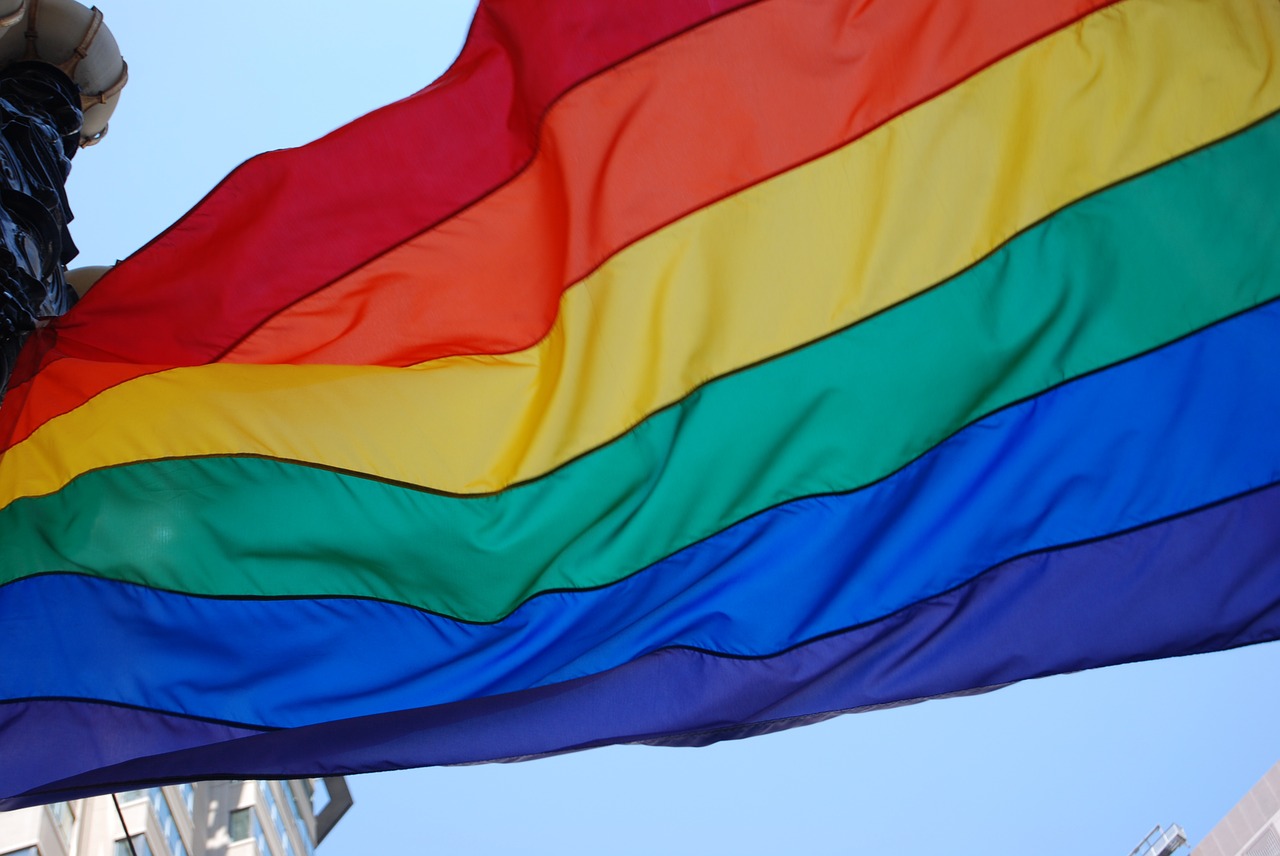We Need LGBT+ Allies…and universities can shape them (Blog)
Date 23.06.2020
23.06.2020
Dr Sebastian Bartos, Lecturer in Social Psychology, blogs about Pride London 2020 and why we need to think about being an LGBTQ+ ally.
As a gay man, I have received both a great deal of support and a great deal of hatred from straight people. As a social psychologist, I have dedicated my research to understanding these contradictory responses. I found that universities can play an essential role.
The role of straight people in fighting for gay rights is surprisingly important. As widely noted last year, on the 50th anniversary of the Stonewall uprising, LGBT+ people have shown remarkable resolve in fighting for their rights. However, this fight puts an unfair burden on the participants, even when it is more peaceful than it was at the Stonewall Inn. For example, a study I conducted with my colleagues during the public vote for equal marriage in Australia has found increased depression and anxiety in those sexual-minority individuals who were most active in the campaign. It is, therefore, essential that straight people take on some of this burden.
However, it is not just in political campaigns that straight people can play their part. Students feel safer and are less likely to face abuse in schools that have gay-straight alliances. The conduct of many professionals, such as physicians, psychologists, teachers, and clergy, can either be a source of resilience or distress for sexual minorities, as a colleague and I have found in a review of the research. All of these jobs, and many others, provide opportunities to support sexual and gender minorities in unspectacular but important ways. In recognition of their importance, Pride in London focuses this year’s event on allies to the LGBT+ community. But how do people become allies in the first place?
I have spent the last ten years trying to understand what changes people’s attitudes towards sexual minorities. In a systematic review of the literature, my colleagues and I found several types of interventions that could change people’s minds. As it was already well-known, contact with members of a minority can significantly shape attitudes. But all kinds of educational interventions also had an impact, even as their curricula and duration varied widely. Indeed, almost any type of education on sexual and gender diversity was an eye opener to at least some of the participants.
And this is where universities come in. On the one hand, the lives of sexual and gender minorities can be affected significantly by their interaction with teachers, medical professionals, or psychologists. Therefore, universities can promote inclusion through the training they offer to such professionals. On the other hand, attitudes and behaviours towards LGBT+ people more generally are shaped by knowledge. With ever more students attending university, the higher education sector has both the opportunity and the responsibility to act.